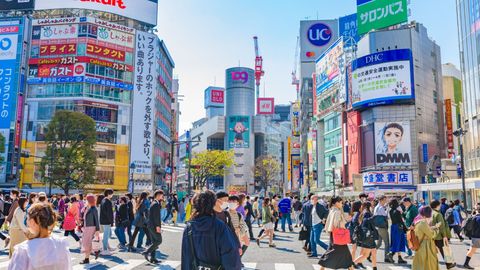
Shibuya Crossing, Tokyo | Image credit: Takashi Images/Shutterstock
Those who have lived in Japan for a while would surely be familiar with its unspoken rules. After all, Japan thrives on these unspoken rules that contribute to the smooth functionality of its society. These rules are the foundation for Japan’s reputation for cleanliness, hospitality, efficiency, safety, and punctuality. Be it a resident or a tourist, everyone has a part to play in maintaining this intricate system. If it is your first trip to the Land of the Rising Sun, here are 20 things not to do in Japan.
20 things to not do in Japan
Do not enter the house with shoes on
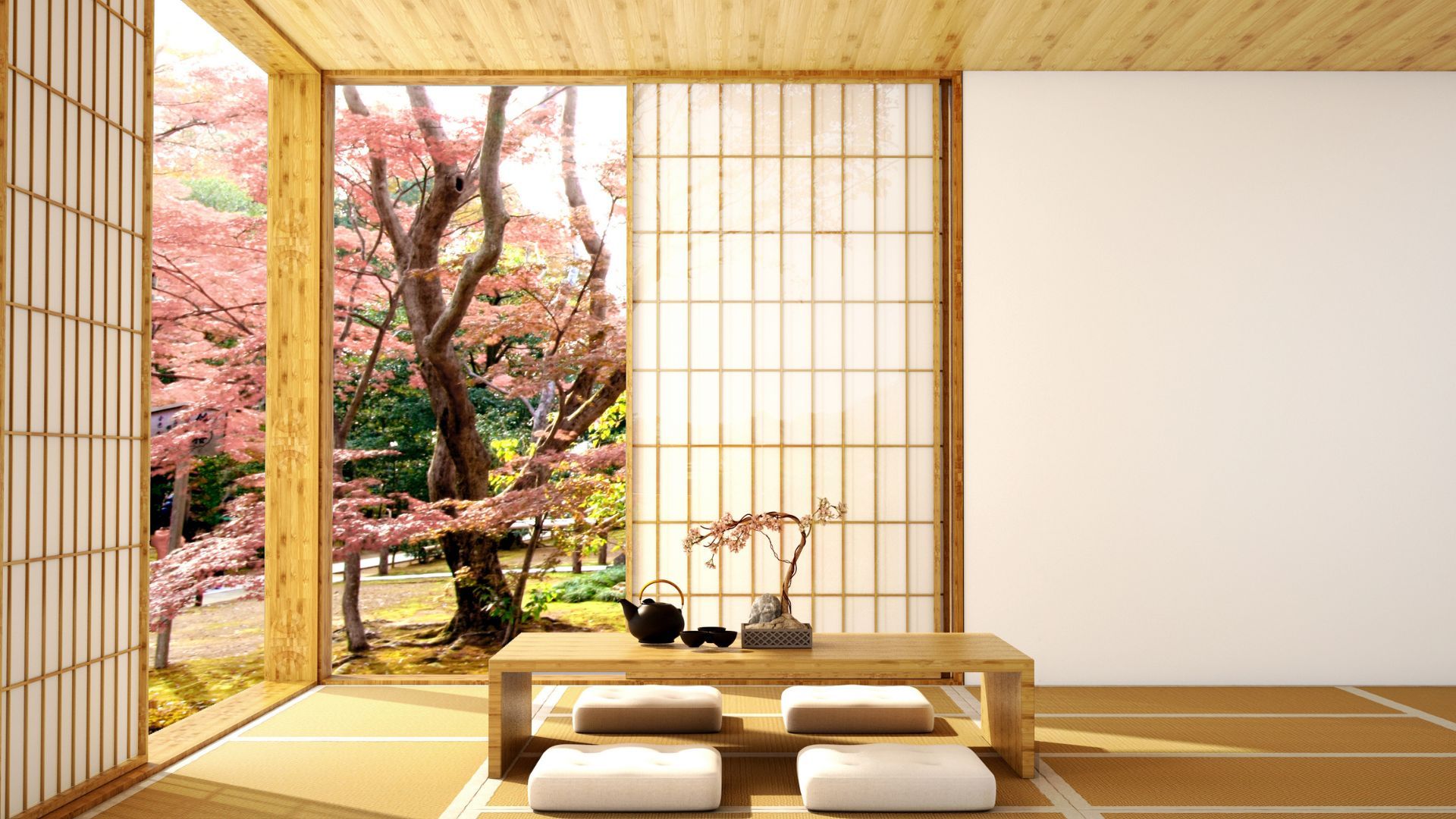 A traditional Japanese house | Image credit: Ume illustration/Shutterstock
A traditional Japanese house | Image credit: Ume illustration/Shutterstock
Shoes bring dust, dirt, germs, and harmful bacteria into the home. So, always leave your shoes at the entrance and step into a clean pair of slippers inside the house. Follow this rule even when visiting a Japanese home, tatami room, or staying at a traditional inn.
Do not bargain in Japan
Bargaining with the shopkeepers is considered embarrassing – you should not do that in Japan. It is considered inappropriate and creates a hostile environment in the store. The prices are fixed and mentioned on the product. Always pay according to the listed price.
Explore more with our Tokyo Shopping guide for every kind of product.
Do not take pictures or videos without permission
 Representational image credit: Ground Picture/Shutterstock
Representational image credit: Ground Picture/Shutterstock
If you want to vlog at restaurants, historical sites, museums, sacred shrines, temples and exhibitions, always ask for permission. Japanese people value their privacy and do like being filmed or photographed without consent.
Do not make loud sounds at night
Since the walls in some Japanese apartments are thin, sound can easily pass through them. To maintain a peaceful and quiet environment for your neighbours, avoid doing laundry, vacuuming the house, or playing loud music at night.
Do not trouble Geishas, cosplayers, or character employees
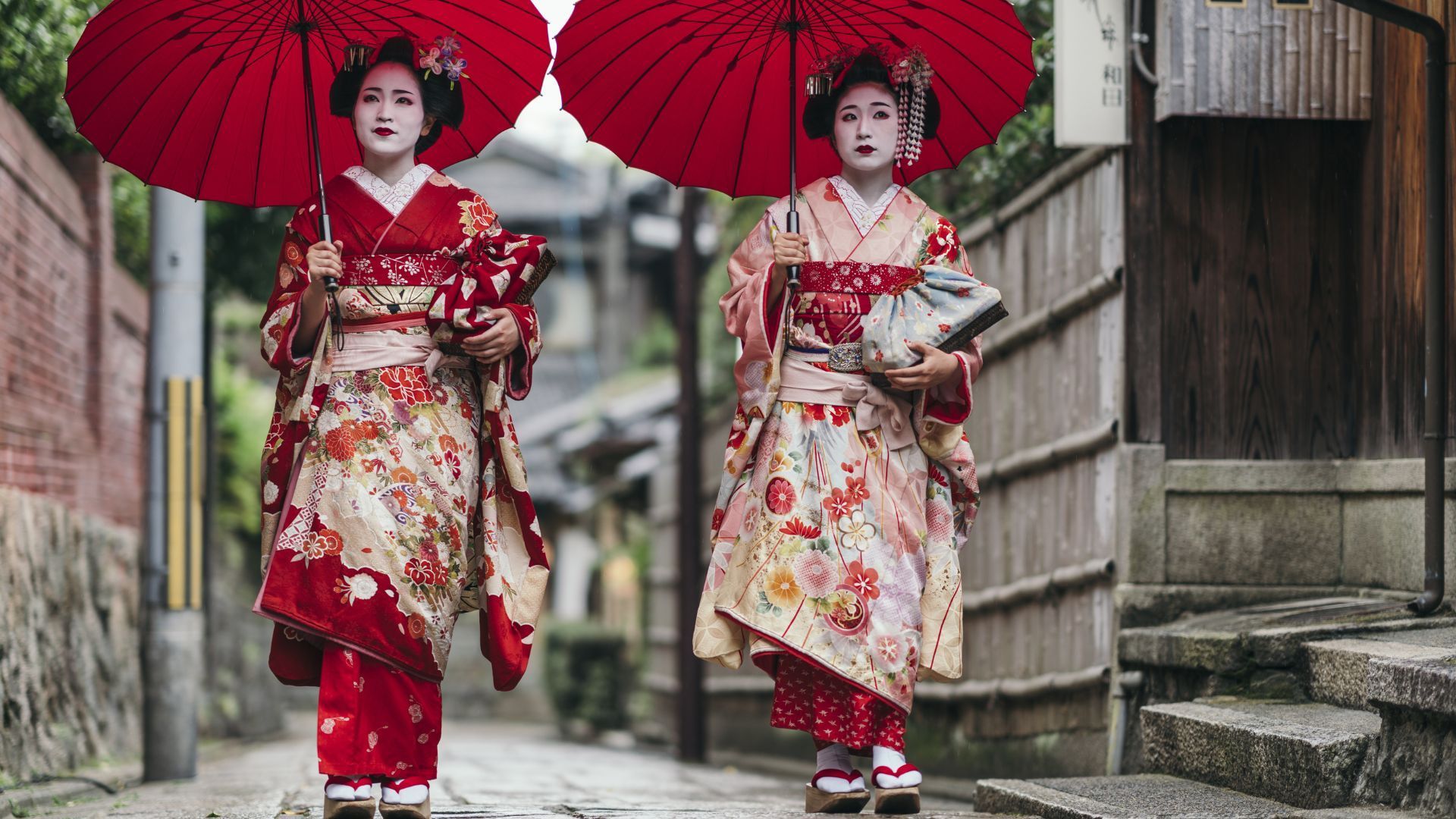 Gion | Image credit: Juri Pozzi/Shutterstock
Gion | Image credit: Juri Pozzi/Shutterstock
In March 2024, Kyoto banned tourists from the private alleys in Gion to protect locals and Geishas from harassment. There were reports of tourists obstructing geisha’s paths, pleading with them for pictures, touching their kimono and hair accessories. Such harassing behaviour is unacceptable in Japan. Always ask if you can take pictures of/with Geishas, cosplayers and character employees at the Pokemon Cafe, Tokyo Disneyland, Hello Kitty Land, or Universal Studios.
All trash does not go into the same bin
Japan boasts a brilliant waste segregation system. It is important to dispose of trash in the correct bin based on whether it is burnable or non-burnable. While there are hardly any trash bins on the streets, you will find them at malls, convenience stores and cafes. Explore more with our guide to the most unique cafes in Japan.
Do not disrespect sacred spaces
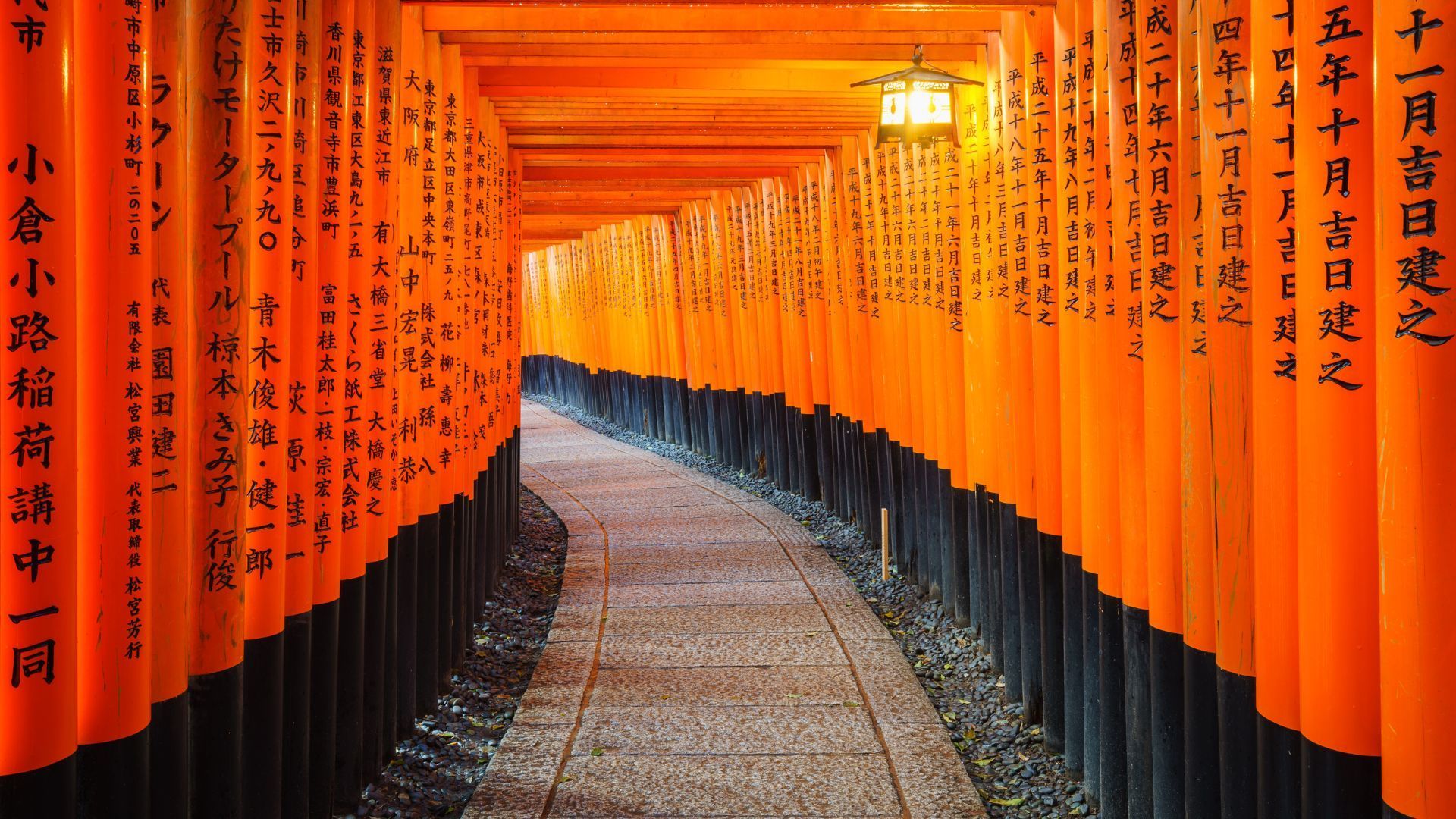 Fushimi Inari Shrine, Kyoto | Image credit: lkunl/Shutterstock
Fushimi Inari Shrine, Kyoto | Image credit: lkunl/Shutterstock
Shrines and temples are well preserved in Japan and are considered places of calm and peace. Avoid speaking loudly, touching or damaging private property, posing for pictures in front of religious statues, and wearing revealing outfits when visiting them.
Do not wear revealing clothes
Modest dressing is the way to go in Japan. Unless you want to attract unwanted attention, do not wear clothes that reveal too much skin like tube tops, mini skirts, see-through tops, backless halter tops, tight-fighting dresses, hot pants and plunge tops. Modern Japanese fashion revolves around neutral colours, oversized tops, ankle-length pants, layering, tapered trousers and basic classic pieces.
Avoid breaking the queue
 People waiting at the Inage Train Station | Image credit: Miunmiunan/Shutterstock
People waiting at the Inage Train Station | Image credit: Miunmiunan/Shutterstock
Queuing at restaurants, ticket counters, and stores is common in Japan. Breaking the queue or cheating your way through it will cause chaos and confusion and is something you should not do in Japan. The best part about queues in Japan is that most of them are organised and have short wait times.
Explore our selection of traditional deserts of Japan to try on your next trip.
Do not litter public spaces
The Japanese take cleanliness seriously, and those who litter have to pay a heavy fine. Since there are few public trashcans in Japan, you can either dispose of them at convenience stores, near vending machines or carry them around till you find a trashcan.
Refrain from physical contact
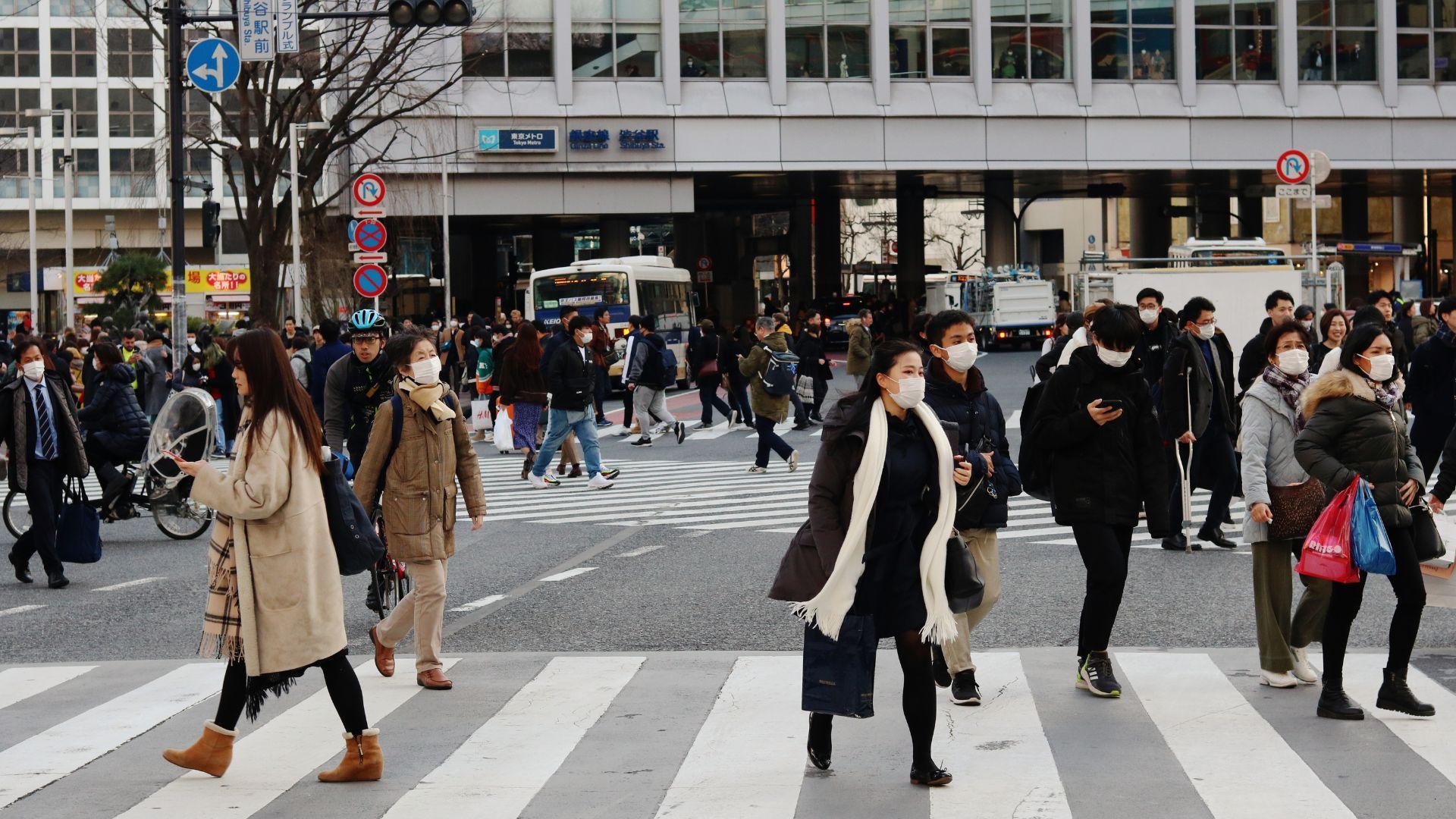 Representational image credit: Ned Snowman/Shutterstock
Representational image credit: Ned Snowman/Shutterstock
In Japan, physical contact is rare and even rarer among Japanese and with strangers. Simple hand-holding is acceptable, but anything that involves hugging, kissing, or other forms of PDA is uncommon and can make those around you feel uncomfortable.
Do not point at things or people
From the list of things not to do in Japan is using your index finger to point at things or people – that’s considered rude. Instead, use all five fingers to gesture or give directions.
Do not pass food from chopstick to chopstick
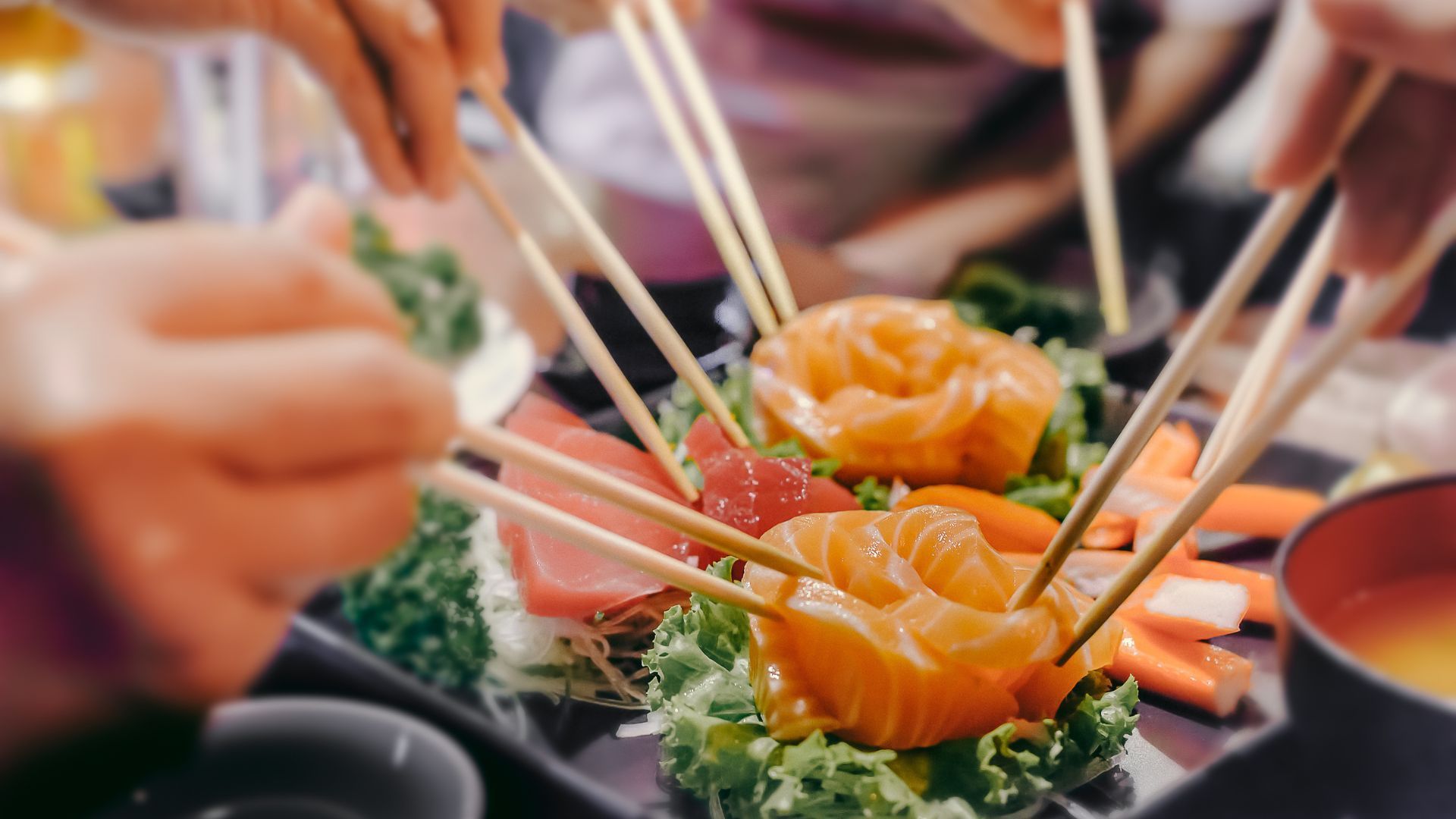 Representational image credit: shutter_o/Shutterstock
Representational image credit: shutter_o/Shutterstock
Passing food from chopstick to chopstick is considered improper etiquette – and something you should not do in Japan. This action is associated with death and resembles a Japanese funeral custom where cremated bones are passed from one pair of chopsticks to another.
Do not answer calls when on public transport
Unless you want to get the stink eye from strangers, do not answer phone calls when on the bus or train in Japan. Trains and buses are quiet spaces for the public to unwind and catch up with themselves. Answering phone calls, listening to loud music, clicking pictures of passengers and speaking loudly on the train/bus are a few things you must not do in Japan.
Navigate the Shinkansen network with our ultimate guide to Japan’s bullet trains.
Do not expect locals to communicate in English or another language
 Google Translate | Image credit: FellowNeko/Shutterstock
Google Translate | Image credit: FellowNeko/Shutterstock
The official language spoken in Japan is Japanese. While Tokyo and Osaka are internationally famous cities, very few Japanese speak English. If you are a solo traveller or travelling with friends or family, learning a few Japanese key phrases before travelling to Japan will make your experience smoother. Other options would be joining a tour or relying heavily on Google Maps and Google Translate.
Do not wear strong perfume
In Japan, there is a term called smell harassment, which includes scents like strong perfume, pungent body odour, fabric softeners, bad breath, and cigarette breath. Emitting a powerful and unpleasant scent can cause inconvenience to those around you. No scent to mild fragrances are the preferred scent options in Japan.
Do not arrive late at an event
 Representational image credit: metamorworks/Shutterstock
Representational image credit: metamorworks/Shutterstock
Punctuality is given great importance in Japan. Arriving late for an appointment is one of the things not to do in Japan and indicates disrespect for someone’s time. Always arrive ten minutes earlier to make a good impression.
Do not try to open the taxi door manually
When entering or getting out of a taxi in Japan, you do not have to worry about manually opening the door. They open and close automatically for you to exit, only after settling the bill.
Avoid using only one hand to give and receive a business card
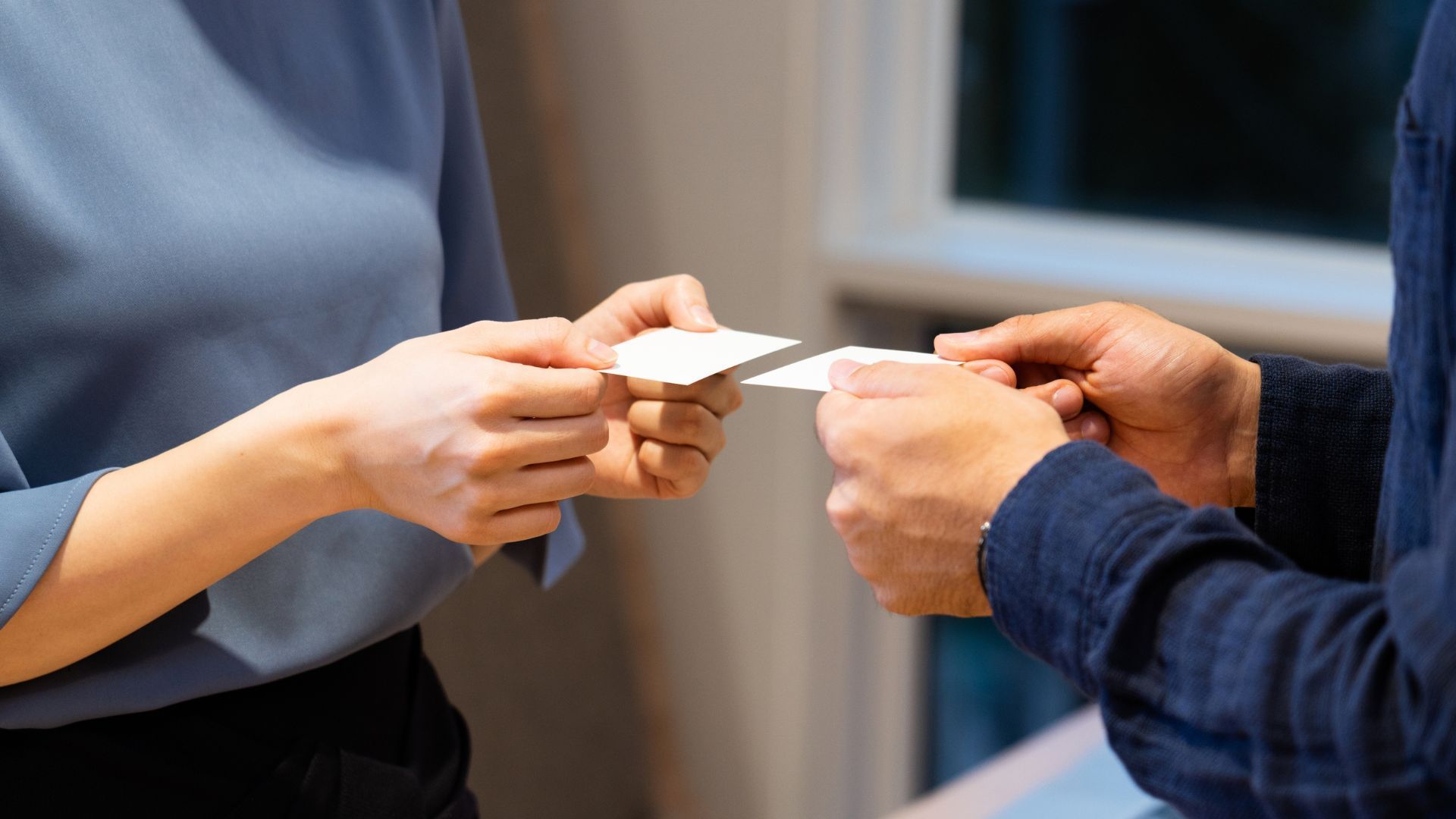 Representational image credits: aijiro/Shutterstock
Representational image credits: aijiro/Shutterstock
When handing out your business card or receiving one, use both hands. In Japanese business culture, this action indicates gratitude and respect. This rule not only applies to corporate settings but also to casual ones like gift exchanging.
Do not stand on the wrong side of the escalator
Standing on the wrong side of the escalator is another thing you should not do in Japan. In Tokyo, people usually stand on the left side of the escalator and walk on the right side. But in Osaka, it’s the opposite. Whenever you feel unsure about which side of the escalator to stand on, follow the crowd.
shop the best travel experiences here
(Feature Image Credit: Takashi Images/Shutterstock)
Related: Exploring Japan: A 10-Day Itinerary Packed With Fun And Adventure For First-Timers
Frequently Asked Questions (FAQs)
-What are some cultural taboos or faux pas to avoid in Japan?
Japan has numerous unspoken cultural rules like eating incorrectly with chopsticks, speaking loudly on public transport, removing shoes when entering homes/hostels/traditional inns, entering an onsen with tattoos on your body and clicking pictures of traditional performers without their permission.
-Is it considered rude to tip in Japan?
Yes, tipping is not customary in Japan. Be it at restaurants or taxi services, tipping is not required as service charges are already included in the bill.
-Can I eat or drink while walking in Japan?
There is no specific rule prohibiting eating or drinking while walking in Japan. However, it is a rare sight and is considered poor manners. There’s also the risk of your drink spilling and food dropping while walking. Since Japan prides itself on cleanliness, littering is not tolerated. Also, wandering around the streets with a can of alcohol or a cigarette can get you in trouble with the locals and police. It is safer to drink alcohol at an Izakaya or in the privacy of your home. We recommend eating at designated areas like food courts, parks or outside convenience stores. Several convenience stores, such as 7-Eleven and Lawson, also have indoor seating where you can eat and drink.
-What should I know about chopstick etiquette in Japan?
When using chopsticks in Japan, avoid picking your food by stabbing them into it. Second, avoid passing food directly from chopstick to chopstick. Third, never point at someone or something with your chopsticks.
P.S. If you do not feel confident using chopsticks, you can always request the restaurant or hotel for forks and spoons.
-Are there any rules regarding public baths (onsen) in Japan?
Almost every onsen changing room will have a set of rules posted on the wall. The most common ones are washing your body thoroughly before entering an onsen, being completely naked (no swimsuits allowed), not swimming in the onsen, and tying your hair to keep it out of the water. Also, those who have tattoos on their body may not be allowed inside the onsen (It will be mentioned on the onsen rules list) Last but not least, if you have a skin infection, an open wound, or a cold, avoid entering the onsen for your safety and others.
-Can I speak loudly or raise my voice in public places?
Speaking loudly on public transport is one of the things not to do in Japan. However, you can do so in casual settings like an Izakaya (Japanese bar), parks, concerts, amusement parks and parties. As long as you are respectful and mindful of your actions and those around you, there should not be a problem.
-Is it acceptable to blow your nose in public?
Yes, as long as you blow your nose into a tissue or a hand towel.
-Can I wear revealing clothing in Japan?
Modest clothing is encouraged in Japan. Avoid wearing low-cut blouses, mini skirts, figure-hugging dresses, crop tops, hot pants, or see-through clothing, as they invite unwanted attention.
-Is it okay to refuse food or gifts in Japan?
It depends on your relationship with the person giving you the food/gifts. You can politely decline their gifts if you barely know them or if they are strangers.
Note:
The information in this article is accurate as of the date of publication.
We may earn an affiliate commission when you shop through links on our site.
Written By

Sharon Alphonso
Sharon is from Mumbai and currently lives in Tokyo with her Japanese husband. Before moving to Japan, ..Read Moreshe worked with POPxo, Grazia and MTV India. She now writes for several English magazines in Japan, including Savvy Tokyo, Tokyo Weekender, and GoConnect Japan. Her favourite way to unwind is to listen to lo-fi music while reading a book and sipping on a matcha latte. Read Less

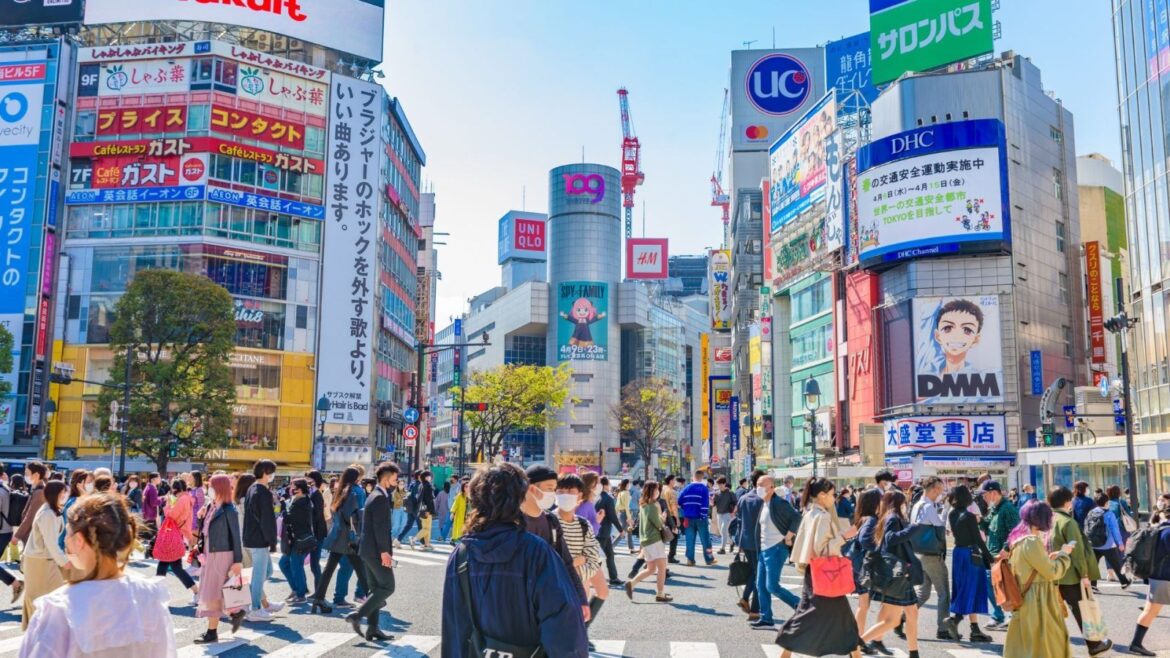
AloJapan.com